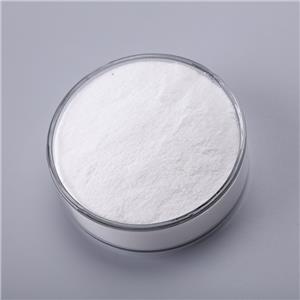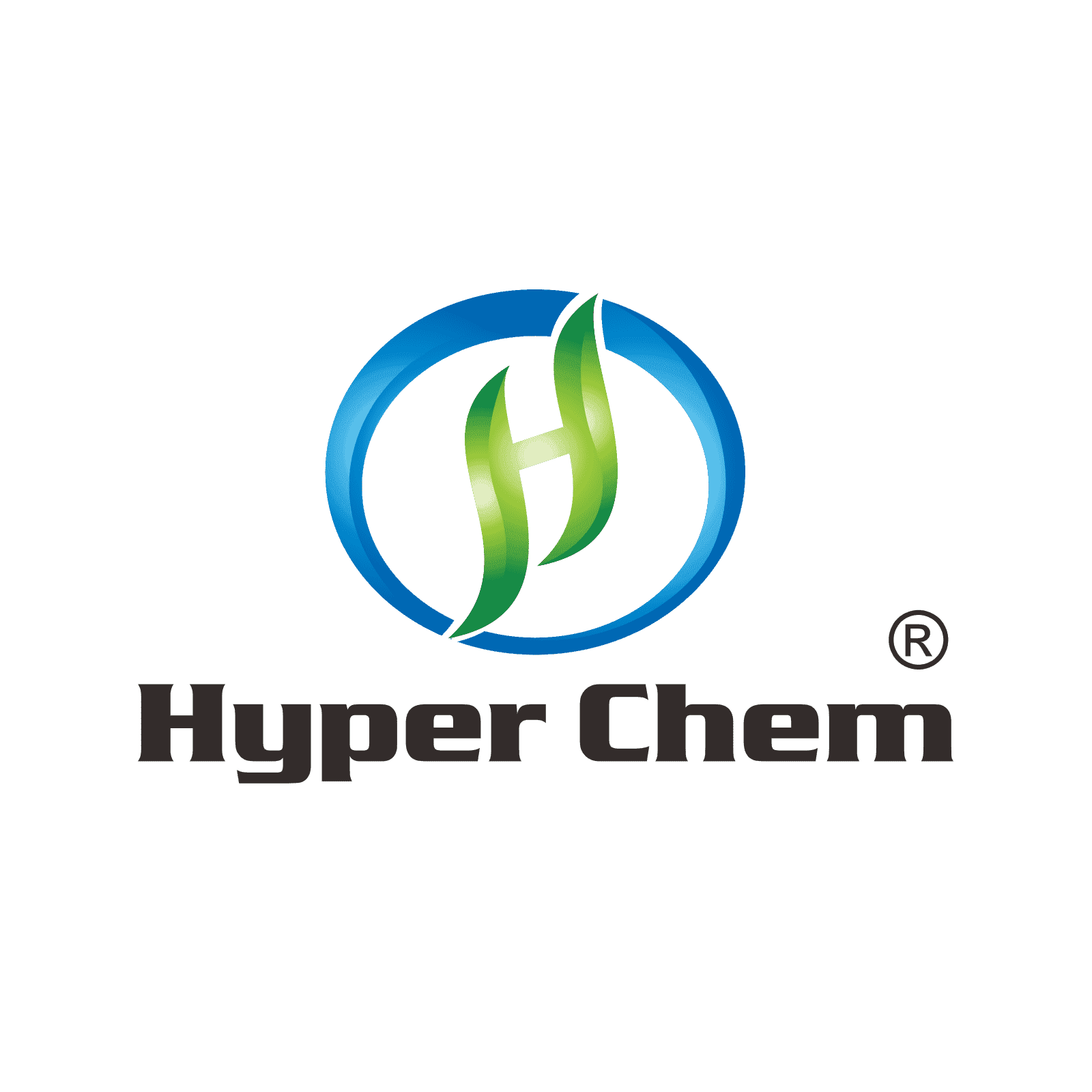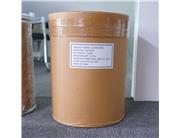Synonym: L-Glutathione Oxidized; Disulfide, Glutathione; Glutathione Disulfide; Glutathione Disulfide, Ion(1-); Glutathione, Oxidized; GSSG; Oxidized Glutathione; oxiglutatione; Oxigluthione; L(-)-Glutathione; Glutathiol
Molecular Formula: C20H32N6O12S2
Molecular Weight: 612.63 g/mol
Melting point: 178 °C (dec.)(lit.)
Appearance: White powder
Purity: ≥98%
Shipping Condition: Shipped under ambient temperature. This product is stable enough for a few weeks during ordinary shipping and time spent in Customs.
Storage Condition: Keep container tightly closed in a dry and well-ventilaed place.
Solubility: Soluble in water
Shelf Life: >2 years if stored properly
HS Tariff Code: 2930909099
Appliaction: Glutathione disulfide (GSSG) is the oxidized form of glutathione, a tripeptide composed of glutamine, cysteine, and glycine. It plays a crucial role in cellular redox (reduction-oxidation) processes and has several applications in various fields:
1. Biochemical Research: GSSG is often used as a marker for oxidative stress in biological systems. Researchers study the ratio of GSSG to reduced glutathione (GSH) to understand the redox status of cells, which can indicate the health of cells and tissues.
2. Antioxidant Studies: Glutathione disulfide is involved in the body's antioxidant defense system. It helps in detoxifying reactive oxygen species (ROS) and protecting cells from oxidative damage. Studies often explore its role in preventing cellular damage in diseases like cancer, neurodegenerative disorders, and cardiovascular diseases.
3. Pharmaceutical Applications: GSSG and its reduced form, GSH, are investigated for potential therapeutic applications in conditions associated with oxidative stress. They are also studied for their roles in drug metabolism and detoxification processes in the liver.
4. Cosmetic Formulations: Due to its antioxidant properties, GSSG is sometimes included in skin care products. It is believed to help reduce oxidative damage to skin cells, potentially aiding in anti-aging and skin health.
5. Food Industry: GSSG can be studied for its potential health benefits in food products, particularly in relation to antioxidant activity and preserving the quality of food.
6. Clinical Diagnostics: The measurement of GSSG levels in biological samples can be used in clinical diagnostics to assess oxidative stress-related conditions.
7. Cell Culture: In cell culture studies, GSSG can be used to manipulate the redox environment, allowing researchers to study cellular responses to oxidative stress.





 China
China

